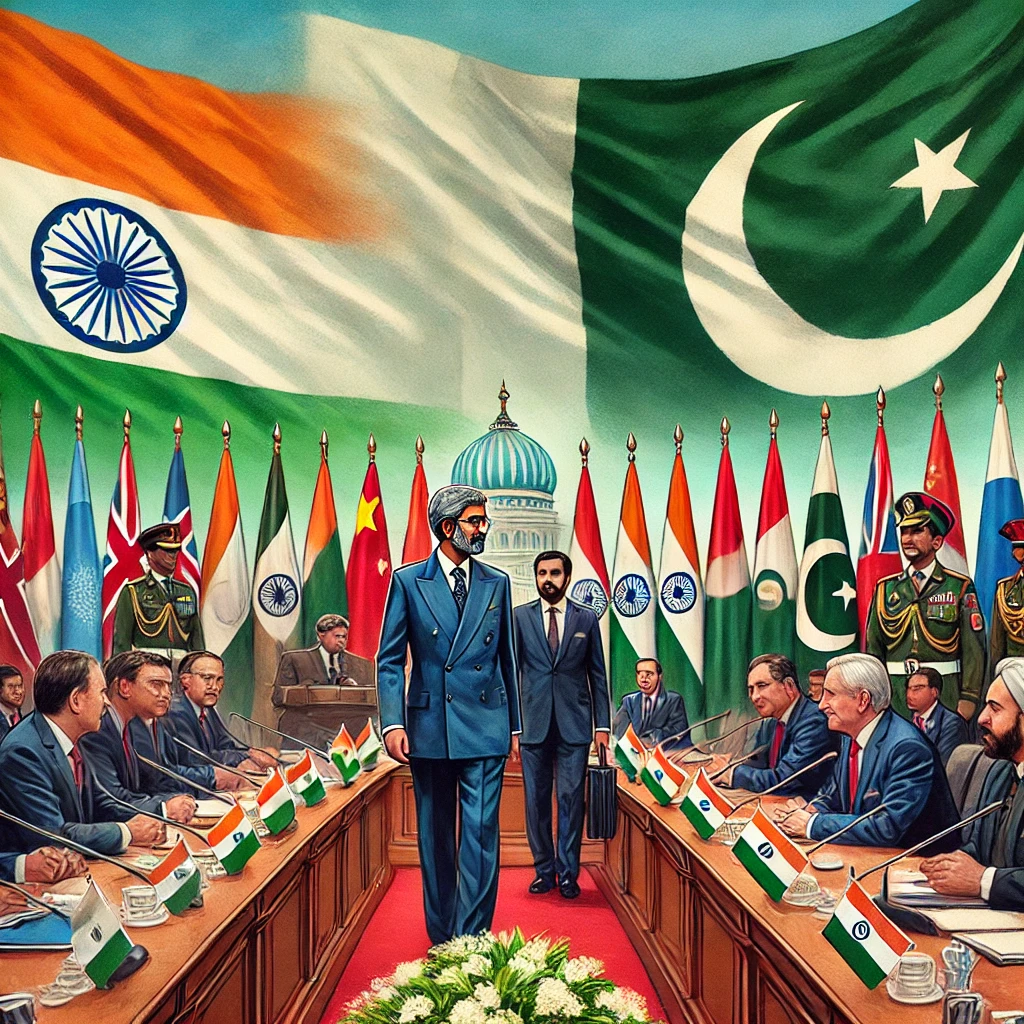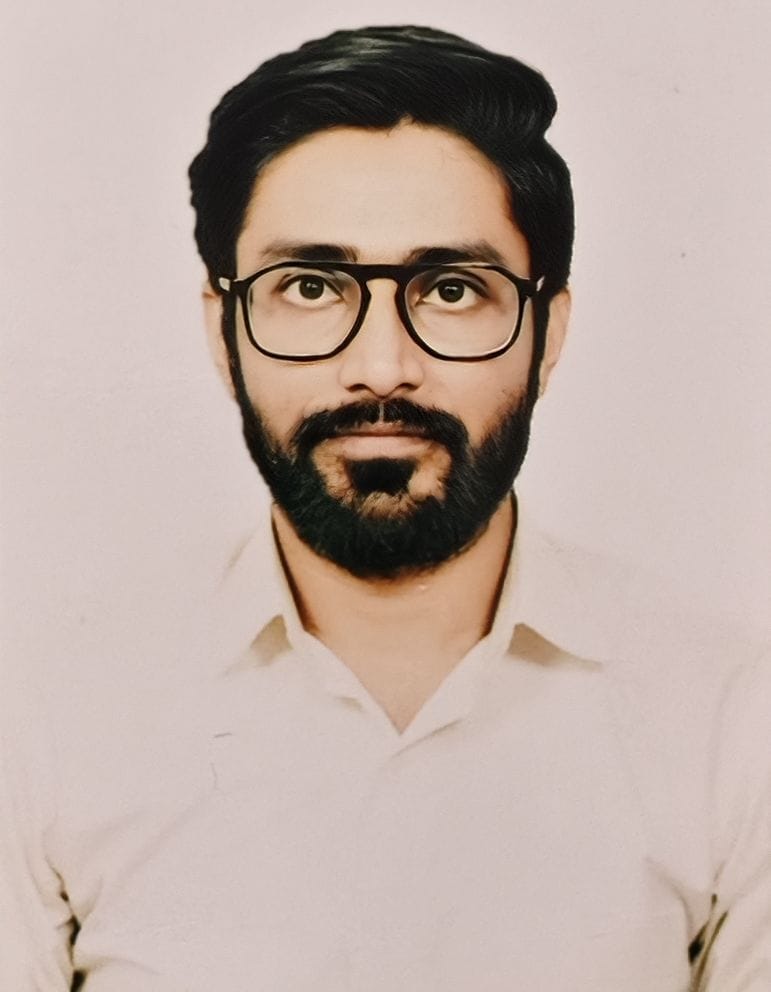
In a significant diplomatic development, India’s External Affairs Minister, S. Jaishankar, will visit Pakistan for the Shanghai Cooperation Organization (SCO) meeting, marking the first such visit by an Indian EAM in nearly a decade. The last visit by an Indian Foreign Minister to Pakistan was in 2015, when Sushma Swaraj represented India at the Heart of Asia Conference. Jaishankar’s trip is seen as a crucial moment for India-Pakistan relations, given the fraught history between the two nations, punctuated by conflict and cooperation.
This visit comes amidst a tense yet cautiously optimistic atmosphere as both countries look toward greater regional cooperation through the SCO platform, while still maintaining their long-standing differences. The visit raises hopes of possible breakthroughs in diplomatic ties, but also brings to the forefront the complexities of Indo-Pak relations.
Historical Background: A Fragile Relationship
The history of India-Pakistan relations is one of conflict, diplomacy, and fragile peace. Ever since the two nations were partitioned in 1947, they have experienced three major wars (in 1947, 1965, and 1971), along with several smaller skirmishes and diplomatic standoffs, the most significant of which was the 1999 Kargil conflict. The primary point of contention remains the Kashmir issue, with both countries laying claim to the region.
For decades, the relationship has been characterized by cycles of engagement and disengagement. Bilateral talks have often broken down due to incidents of cross-border terrorism and military clashes. However, there have been moments when diplomacy took center stage. One such moment was in 1999, when the then Prime Minister of India, Atal Bihari Vajpayee, made a historic bus journey to Lahore to meet Pakistani Prime Minister Nawaz Sharif, signaling a hope for better relations.
Sushma Swaraj’s 2015 visit was also a significant moment in India-Pakistan diplomacy. Despite the complexities, both countries have engaged periodically through multilateral platforms like the United Nations, SAARC, and now the Shanghai Cooperation Organization (SCO).
The Shanghai Cooperation Organization (SCO): A Platform for Regional Cooperation
The SCO, established in 2001, is a regional intergovernmental organization primarily focused on political, economic, and security-related cooperation. It consists of ten member countries: China, Russia, India, Pakistan, Kazakhstan, Kyrgyzstan, Tajikistan, Uzbekistan, Iran, and Belarus. Both India and Pakistan became full members of the SCO in 2017, which has provided a platform for the two neighbors to engage in discussions on broader regional issues such as counter-terrorism, trade, and connectivity.
The significance of the SCO lies in its focus on promoting peace, security, and economic development in the region. For India and Pakistan, the organization offers an opportunity to engage without bilateral pressure, as the discussions are multilateral, involving other major players like China and Russia. The inclusion of these global powers means that the stakes are higher, and there is greater pressure on both nations to maintain civility during diplomatic exchanges.
Jaishankar’s Visit: A New Chapter in Indo-Pak Relations?
Jaishankar’s upcoming visit is a key moment in Indo-Pak diplomacy, as it comes at a time when relations between the two countries are at a low point. Since the 2019 Pulwama attack and India’s subsequent Balakot airstrikes, diplomatic ties have been strained, and bilateral talks have largely remained frozen. In August 2019, when India revoked the special status of Jammu and Kashmir, the diplomatic rift widened even further, with Pakistan downgrading its diplomatic ties with India.
Against this backdrop, Jaishankar’s visit is seen as significant, not only because it marks the first visit by an Indian EAM in nine years, but also because it signals that both countries are willing to engage, at least within the framework of a multilateral organization. However, it is essential to note that this visit does not imply a resumption of bilateral talks. Indian officials have made it clear that the focus of the visit will remain on the broader agenda of the SCO, and not on bilateral issues between India and Pakistan.
Key Stakeholders: What They’re Saying
India’s Position
India has been clear that terrorism and cross-border violence remain core concerns in any engagement with Pakistan. During previous SCO meetings, India has used the platform to highlight the need for collective action against terrorism, particularly state-sponsored terrorism. Speaking ahead of the visit, a senior official in the Ministry of External Affairs stated, “India will continue to push for a strong anti-terror agenda within the SCO framework, and the meeting will focus on promoting regional stability.”
While the visit opens a channel of communication, Indian diplomats have cautioned against interpreting this as a thaw in bilateral ties. They reiterated that any meaningful dialogue with Pakistan would require a conducive environment, which includes the cessation of cross-border terrorism.
Pakistan’s Perspective
For Pakistan, the SCO meeting presents an opportunity to showcase its commitment to regional peace and cooperation. A Pakistani government official, on condition of anonymity, said, “We welcome Jaishankar’s visit as it reflects Pakistan’s readiness to engage constructively through multilateral platforms. The SCO is an important forum for regional cooperation, and we hope to contribute positively to the discussions.”
However, Pakistan is likely to raise issues related to Jammu and Kashmir, as it has done in the past during international forums, although the SCO’s agenda is not focused on bilateral disputes.
Global Reactions
Countries like China and Russia, which play significant roles in the SCO, will be keen observers of this meeting. China, which has close ties with Pakistan and is involved in border disputes with India, will likely view this visit as a diplomatic balancing act. Russia, traditionally a close ally of India, has also expressed its support for regional cooperation through the SCO.
Future Implications: A Step Towards Diplomacy or Just Symbolism?
Jaishankar’s visit could either be a symbolic moment or the beginning of a new chapter in Indo-Pak relations. On one hand, this meeting provides a platform for both nations to engage constructively on broader regional issues, without directly addressing their bilateral disputes. On the other hand, the visit could be a step towards resuming dialogue if both sides show a willingness to address the core issues.
Experts suggest that the visit should be viewed as part of a larger diplomatic process rather than a standalone event. According to Professor K. Srinivasan, an expert on South Asian geopolitics, “This visit is a positive sign, but one must not expect immediate breakthroughs. Diplomatic engagement is a slow process, and the SCO provides a neutral space for dialogue, but the real test will be how both nations handle their bilateral challenges going forward.”
What Lies Ahead
As Jaishankar heads to Pakistan for the SCO summit, the world will watch closely to see whether this visit leads to any significant diplomatic outcomes. While the focus remains on regional cooperation, the broader implications for India-Pakistan relations cannot be ignored. The meeting will be an important test of how both nations navigate their differences while participating in a multilateral forum.
Ultimately, the success of this visit will depend on how both India and Pakistan approach the discussions—whether they seize this opportunity to open new channels of communication or maintain their entrenched positions. Either way, Jaishankar’s visit marks a significant moment in the ongoing narrative of India-Pakistan relations, offering a glimmer of hope for peace, however distant it may seem.
Conclusion
Jaishankar’s visit to Pakistan for the SCO summit is not just a diplomatic formality; it is a moment that could potentially reshape regional dynamics. While expectations of a breakthrough are tempered by the history of conflict, the visit itself is an important step in keeping diplomatic channels open. For the millions of people on both sides of the border, this moment represents hope—hope for dialogue, for peace, and for a future where regional cooperation triumphs over conflict.








